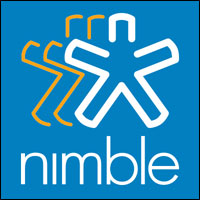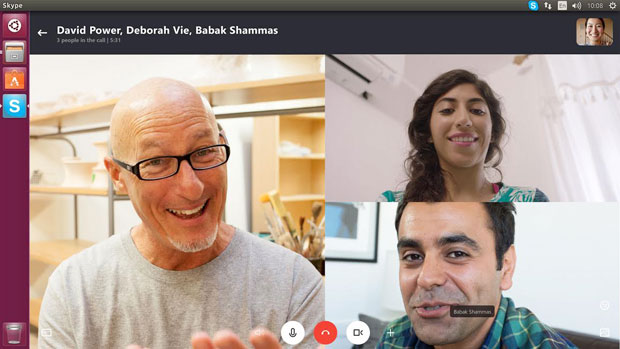The internet, a vast network that connects the world, is home to not only the visible and widely accessible surface web but also a hidden realm known as the dark web. Dark web apps are an integral part of this concealed landscape, enabling users to access content and services that are intentionally hidden from conventional search engines. While the dark web is often associated with illicit activities, it also serves as a platform for privacy-conscious individuals and advocates for free speech. In this article, we will delve into the concept of dark web apps, their functionalities, and the broader implications they have on internet privacy and security.
Contents
Understanding the Dark Web
The dark web refers to a portion of the internet that cannot be accessed through traditional search engines like Google, Bing, or Yahoo. It exists on encrypted networks and requires specialized software, such as the Tor browser, to access. The Tor network, short for “The Onion Router,” routes internet traffic through a series of encrypted relays, providing anonymity to users and obscuring their online activities.
Dark Web Apps The Gateways to Hidden Services
Dark web apps are essentially gateways that provide access to hidden services and websites within the dark web. These apps are designed to interact with the Tor network and allow users to navigate through its anonymous channels. The most common and well-known dark web app is the Tor browser, which is freely available and widely used for accessing dark web content.
Uses and Functionalities
While the dark web is infamous for hosting illegal marketplaces, such as Silk Road (which has been shut down), it also serves legitimate purposes. Some uses and functionalities of dark web apps include
Privacy and Anonymity
Dark web apps are popular among individuals who seek to protect their online privacy and anonymity. Journalists, activists, and whistleblowers often use the dark web to communicate securely and share sensitive information.
Accessing Censored Content
In regions with internet censorship, dark web apps provide a means for accessing blocked websites and content that may not be available through conventional means.
Secure Messaging and Email Services
Dark web apps offer encrypted messaging and email services that protect users’ communication from surveillance and interception.
File Sharing and Hosting
Some dark web apps enable users to share files or host websites without revealing their identities or locations.
Discussion Forums and Communities
Dark web forums and communities allow users to engage in discussions on various topics without fear of censorship or surveillance.
Risks and Challenges
While the dark web can offer some benefits, it also presents significant risks and challenges
Illegal Activities
The dark web is notorious for hosting black markets that facilitate the sale of drugs, weapons, stolen data, and other illicit goods and services.
Malware and Scams
Dark web users are at risk of encountering malware, scams, and fraudulent services that may compromise their privacy and security.
Law Enforcement Monitoring
While the dark web provides anonymity, law enforcement agencies are actively monitoring activities on these hidden networks to combat criminal activities.
Dark web apps are the gateways to the hidden side of the internet, offering users anonymity, privacy, and access to concealed content and services. While the dark web has legitimate uses, it is also associated with illegal activities and significant risks. As technology continues to evolve, striking a balance between privacy and security on the internet remains a complex challenge. It is crucial for individuals to exercise caution and stay informed about the potential risks associated with using dark web apps to ensure a safe and responsible online experience.





